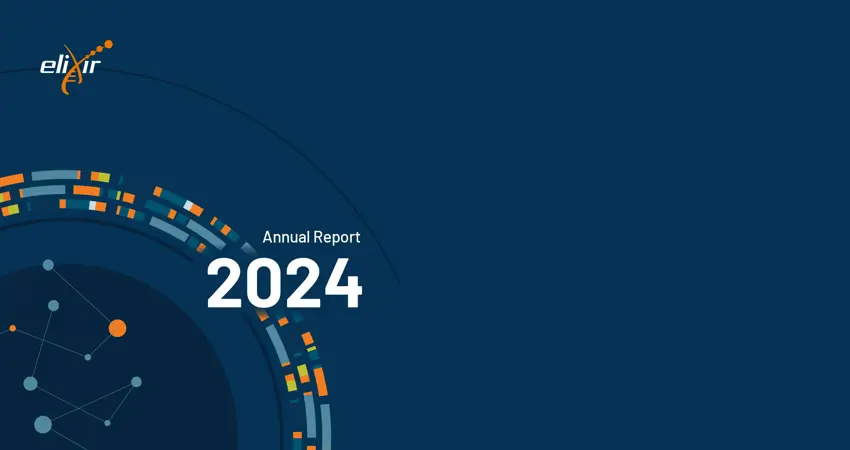01 Jul 2025
FAIRsharing, FAIR Cookbook and MARS Resources are Core to Data Management Services for the Life Sciences
The ELIXIR 2024 Annual report highlights the achievements of experts from 22 ELIXIR Nodes last year, including Oxford e-Research Centre’s Data Readiness group.

ELIXIR has released its 2024 Annual Report, describing the first year of achievements under Its 2024-28 Scientific Programme.
ELIXIR is an intergovernmental organisation that brings together life science resources from across Europe. The resources include databases, software tools, training materials, cloud storage and supercomputers. The goal of ELIXIR is to coordinate these resources so that they form a single infrastructure. This infrastructure makes it easier for scientists to find and share data, exchange expertise, and agree on best practices.
Several resources that feature in the Annual Report are led by Professor Susanna-Assunta Sansone’s Data Readiness group, including:
-
FAIRsharing, a curated, informative and educational resource on data and metadata standards, inter-related to databases and data policies for all disciplines.
-
The FAIR Cookbook, an online resource with recipes to make and keep data FAIR, from life science data professional in academia and (bio)pharmaceutical companies.
-
Newly launched in 2024, Multi-Omics Adapter for Repository Submissions (MARS) is a data brokering initiative designed to facilitate the submission of multi-omics life sciences studies to multiple specialized repositories. MARS uses ISA-JSON to exchange information between data producers and data repositories.
ELIXIR includes 22 members and three Observers, bringing together over 240 research organisations. ELIXIR’s third five-year Scientific Programme sets the strategic direction for the organisation through to 2028.
Professor Susanna-Assunta Sansone:
"For an R&D group like ours, placing our resources in an international network of open infrastructure like ELIXIR—and collaboratively developing them—greatly enhances our outreach and impact within the research community, helping researchers better describe, share, and (re)use data."







